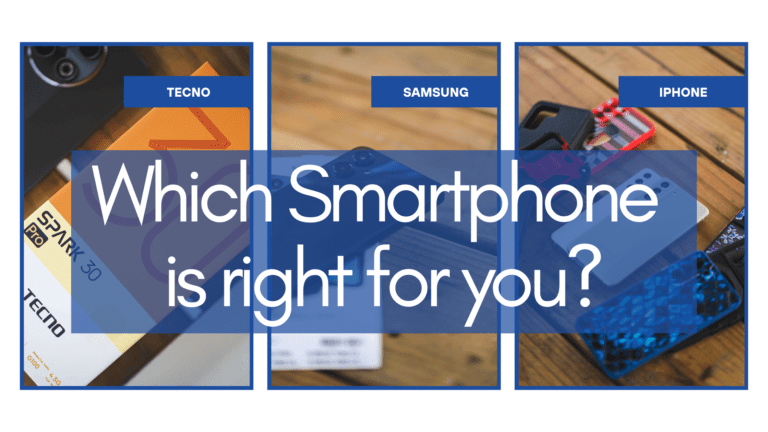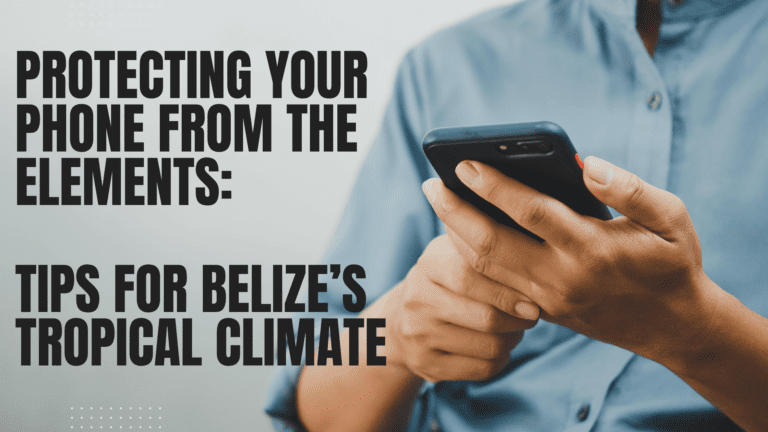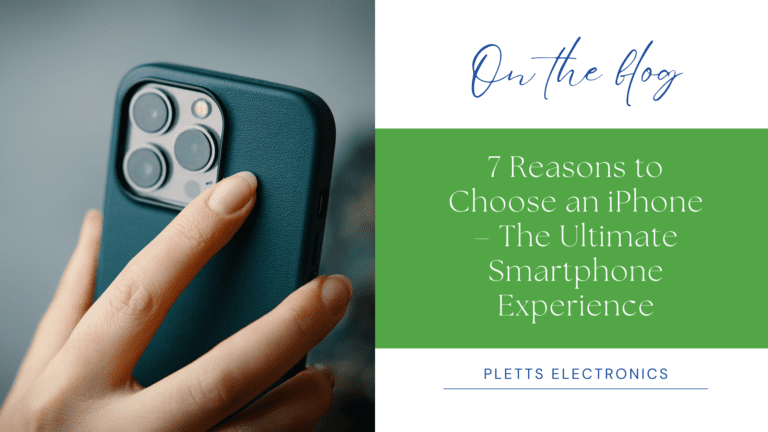Whether you’re buying your first smartphone, upgrading, or just trying to make the most of the one you already own, phones raise a lot of questions. Here are clear answers to 10 of the most common ones people ask.

1. What’s the difference between a smartphone and a regular mobile phone?
A regular mobile phone (sometimes called a feature phone) mainly makes calls and sends texts. A smartphone does that and much more—it has internet access, apps, email, navigation, a camera, and functions like a small computer.
2. Can I use my old SIM card in a new phone?
Yes, as long as:
- Your new phone is unlocked or tied to the same carrier.
- The SIM card size (standard, micro, or nano) matches your phone.
If not, you may need a SIM adapter or to request a new one from your carrier.
3. How do I choose a mobile phone plan?
Think about:
- Data needs: How much internet you use monthly.
- Coverage: Which carrier has the best signal where you live.
- Budget: Prepaid vs. postpaid options.
If you use a lot of social media or video streaming, go for a plan with generous data.

4. What is the battery life like on smartphones?
Most modern smartphones last one full day of average use. Heavy gaming or video streaming drains it faster, while lighter use can stretch it to two days. Battery life depends on the size (mAh rating), software optimization, and screen brightness.
5. How can I improve the performance of my phone?
- Clear out unused apps.
- Restart your phone regularly.
- Keep software updated.
- Avoid filling storage completely—leave at least 10–20% free.
- Use “Lite” versions of apps if available (like Facebook Lite).
6. Do I need antivirus software on my phone?
Most people don’t need extra antivirus if they download apps only from the official Google Play Store or Apple App Store. The biggest risks are fake apps, phishing links, and unsafe downloads. Good habits (not software) are the best defense.
7. How often should I upgrade my phone?
On average, every 2–3 years. That’s when performance slows, batteries wear out, and new software updates may stop. If your phone still meets your needs and works well, there’s no rush to replace it.
8. Can I install apps without going through the app store?
Yes—this is called sideloading on Android. But it carries risks since apps outside the Play Store aren’t always safe. On iPhones, it’s not possible without jailbreaking (which voids warranties and reduces security). Stick to official app stores unless you really know what you’re doing.

9. How can I protect my phone from theft?
- Use a strong passcode, PIN, or biometric lock (fingerprint/face ID).
- Enable Find My iPhone (Apple) or Find My Device (Android).
- Don’t leave your phone unattended in public.
- Keep records of your phone’s IMEI number so you can report it if stolen.
10. What should I do if my phone gets wet?
- Turn it off immediately.
- Dry it with a soft cloth.
- Remove SIM and memory cards.
- Do not use heat (like a hair dryer).
- Place it in a dry, ventilated space or silica gel packets (rice is less effective).
- Leave it to dry for at least 24 hours before powering on.
Final Thoughts
Phones are essential tools for communication, work, and entertainment—but they don’t have to be confusing. By understanding the basics—like SIM compatibility, data plans, battery life, and security—you’ll get more from your device and avoid common frustrations.
Whether you’re new to smartphones or just looking for ways to improve your daily use, these quick answers should help you feel more confident about your phone.







